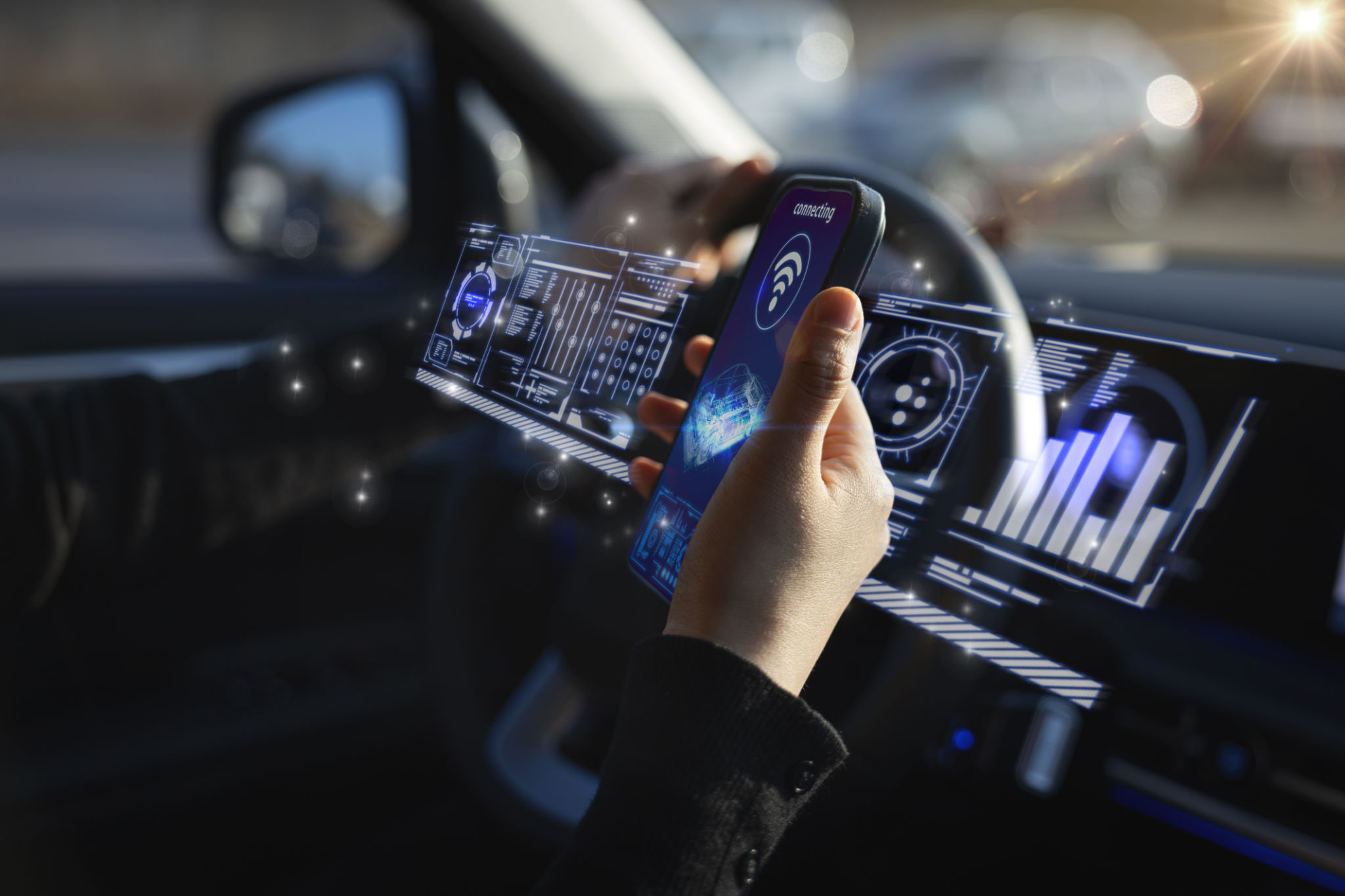The Future of Trucking Dispatch: Innovations Transforming the Industry
Revolutionizing Trucking Dispatch with Technology
The trucking industry is on the brink of a technological revolution. As logistics and transportation demands continue to grow, the need for efficient and innovative dispatch solutions has never been more critical. From advanced software systems to real-time data analytics, the future of trucking dispatch is set to be transformed by cutting-edge technologies.
One of the most significant changes is the integration of Artificial Intelligence (AI) into dispatch systems. AI-powered platforms can analyze vast amounts of data to optimize routes, predict maintenance needs, and even automate scheduling processes. This not only increases efficiency but also reduces operational costs, allowing companies to stay competitive in a rapidly evolving market.

Real-Time Tracking and Data Analytics
Real-time tracking is becoming a staple in modern dispatch systems. With GPS technology and Internet of Things (IoT) devices, dispatchers can monitor the exact location of their fleet at any given moment. This level of visibility ensures that any potential issues are addressed promptly, minimizing delays and enhancing customer satisfaction.
Data analytics also plays a crucial role in the future of trucking dispatch. By analyzing patterns and trends from historical data, companies can make informed decisions about routes, driver performance, and fuel consumption. This data-driven approach not only improves efficiency but also helps in identifying areas for cost reduction and process improvement.
Automation and Autonomous Vehicles
The advent of automation is set to redefine trucking dispatch. Automated systems can handle repetitive tasks such as scheduling and route planning, freeing up human resources for more strategic roles. Moreover, the rise of autonomous vehicles presents a new frontier for the industry. While fully autonomous trucks are still in the testing phase, their potential to revolutionize logistics cannot be overlooked.

Autonomous trucks promise to reduce human error and increase safety on the roads. They can operate continuously without the need for breaks, drastically improving delivery times and efficiency. As technology advances, the integration of autonomous vehicles into dispatch systems will become increasingly seamless, presenting new opportunities for growth.
Enhanced Communication and Collaboration
Effective communication is at the heart of efficient dispatch operations. Innovations in communication technology are enhancing collaboration between drivers, dispatchers, and customers. Mobile apps and cloud-based platforms allow for real-time updates and seamless information sharing, ensuring that all parties are on the same page.
These technologies also enable better customer service by providing clients with accurate delivery times and updates. Enhanced communication tools improve transparency and build trust, which is essential in maintaining long-term business relationships.

The Role of Blockchain in Trucking Dispatch
Blockchain technology is emerging as a game-changer in the trucking industry. By providing a secure and transparent ledger for transactions, blockchain can streamline processes such as freight tracking, billing, and contract management. This technology reduces the risk of fraud and errors, ensuring that all parties have access to accurate and up-to-date information.
Furthermore, blockchain can enhance the efficiency of supply chain operations by automating payments and reducing paperwork. As the industry continues to embrace digital transformation, the adoption of blockchain technology in trucking dispatch is expected to grow, offering new levels of efficiency and reliability.
Conclusion: Embracing the Future
The future of trucking dispatch is bright, with innovations poised to transform the industry in unprecedented ways. By leveraging technologies such as AI, real-time tracking, automation, and blockchain, companies can improve efficiency, reduce costs, and enhance customer satisfaction. As these technologies continue to evolve, the trucking industry must adapt and embrace these changes to stay competitive and meet the demands of the modern world.
As we look to the future, it is clear that the integration of these innovations will not only redefine trucking dispatch but also pave the way for a more efficient and sustainable logistics ecosystem.
